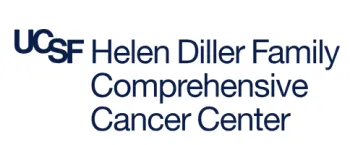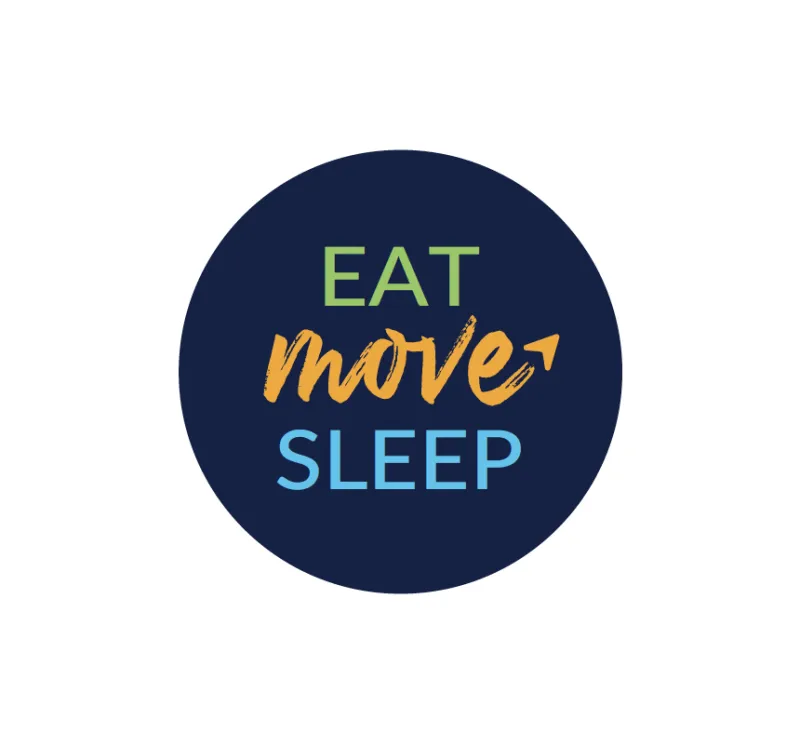A digital cancer survivorship study.
Quick Links

We want to hear from you!

Prostate, Bladder, Kidney, and Colorectal Cancer

Participate from Home

What is the purpose of this study?
- We are studying if diet, exercise, or other lifestyle habits may slow cancer progression and improve survival in individuals with cancer.
- We are also examining how social and financial factors affect health behaviors and receipt of healthcare.
- It is estimated that 20-30% of cancer deaths may be prevented through not smoking, avoiding excessive alcohol intake, maintaining a healthy body weight, and obtaining better quality nutrition and regular exercise. However, many of the studies supporting this statement have been conducted in individuals before they developed cancer.
- Data are limited on studying the role of lifestyle after diagnosis of cancer.
- Representation from all people and communities is important for health equity. This is especially critical because some cancers are more common or aggressive among specific racial or ethnic sub-groups (e.g., prostate cancer among African American / Black men).
- Participants will be asked to complete surveys on lifestyle behaviors such as diet, exercise, sleep quality, cancer diagnosis and management, other health conditions, and quality of life.
Who can join?

Are at least age 18.
- Have prostate, bladder, kidney or colorectal cancer.
- Have access to the Internet with a computer, tablet, or smart phone.
- Can read English.
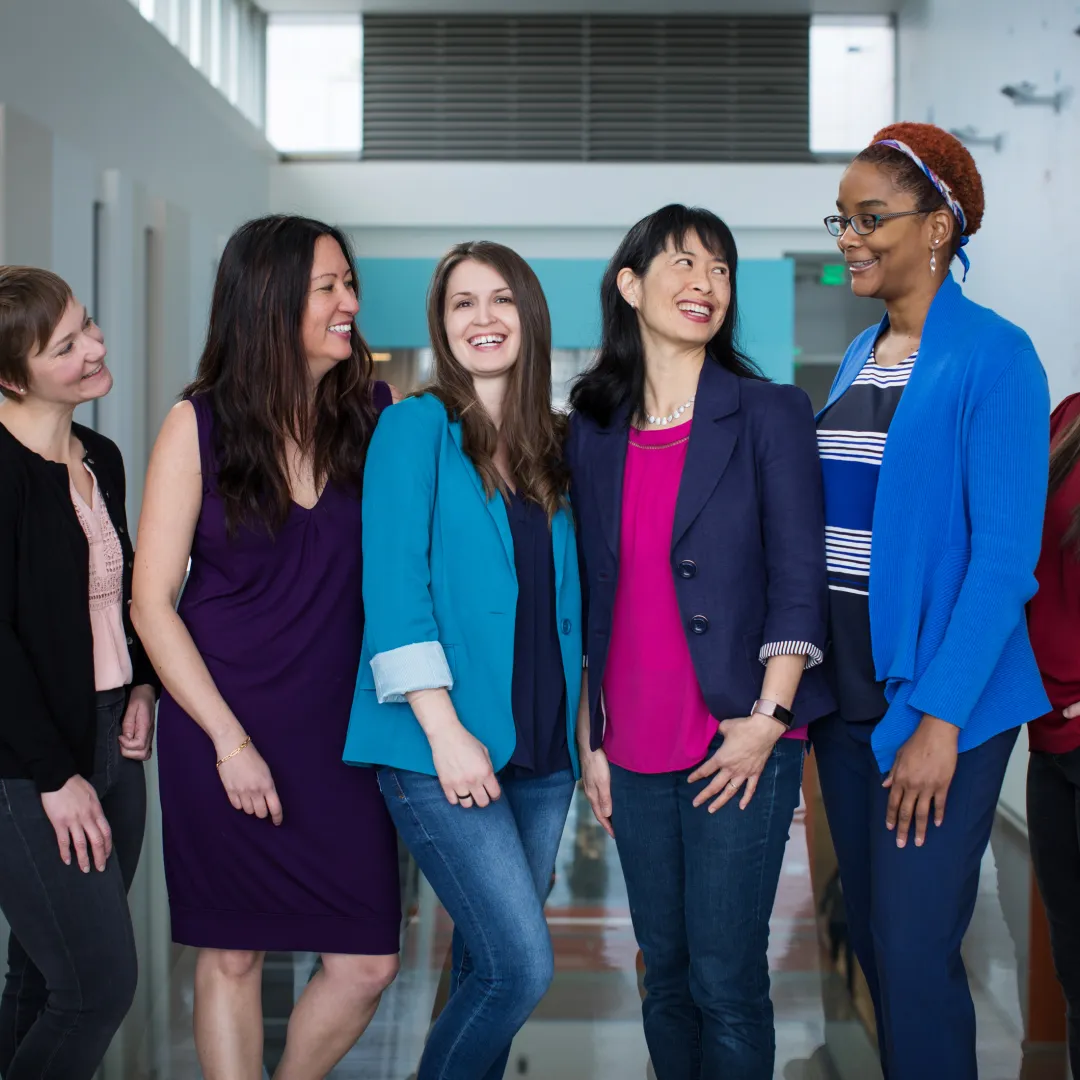
Our Team
Scientific Investigators
June Chan, ScD (Principal Investigator)
Iona Cheng, PhD, MPH
Salma Shariff-Marco, PhD, MPH
Scarlett Gomez, MPH, PhD
Rebecca Graff, ScD
Stacey Kenfield, ScD
Nynikka Palmer, ScD
Erin Van Blarigan, ScD
Office of Community Engagement
Kim Rhoads, MD, MPH, Director
Ghilamichael Andemeskel, Community health educator & outreach/engagement coordinator
Clinical Investigators
Peter Carroll, MD, MPH
Sorbarikor Piawah, MD
Sima Porten, MD, MPH
Samuel L. Washington III, MD, MAS
Alan Venook, MD
Interested in learning more?
Email [email protected]
Frequently Asked Questions
- You will be asked to complete surveys on lifestyle behaviors such as diet, exercise, sleep quality, cancer diagnosis and management, other health conditions, and quality of life.
- Surveys may be done spread out over time and may take a total of 3 hours the first year, and up to 1.5 hours each year thereafter for up to 3 years.
- With permission, we will routinely collect data from your medical records on cancer, social and financial factors, and other health outcomes.
- This type of research takes a long time, and we would like to follow your health status with cancer indefinitely.
You may opt to not answer questions or surveys or withdraw from the study at any time.
Email [email protected]
Community Partners
Roberto Hernandez
CEO
CANA
Carnaval San Francisco
Mission Food Hub

Mayte Sanchez, Patient Navigator
Mendocino Cancer Centers of Mendocino County
Mendocino, CA
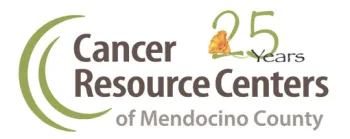
Wil Yu
Commonwealth Care Alliance Health
California, General Manager
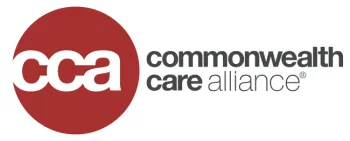
Michael E. Shaw, former Director
Black Mens' Health Committee, Community Advisory Board,
Office of Community Engagement Helen Diller Family
Comprehensive Cancer Center
(Former Director of the Office of Urban Male Health,
Alameda County Public Health Dept.)
